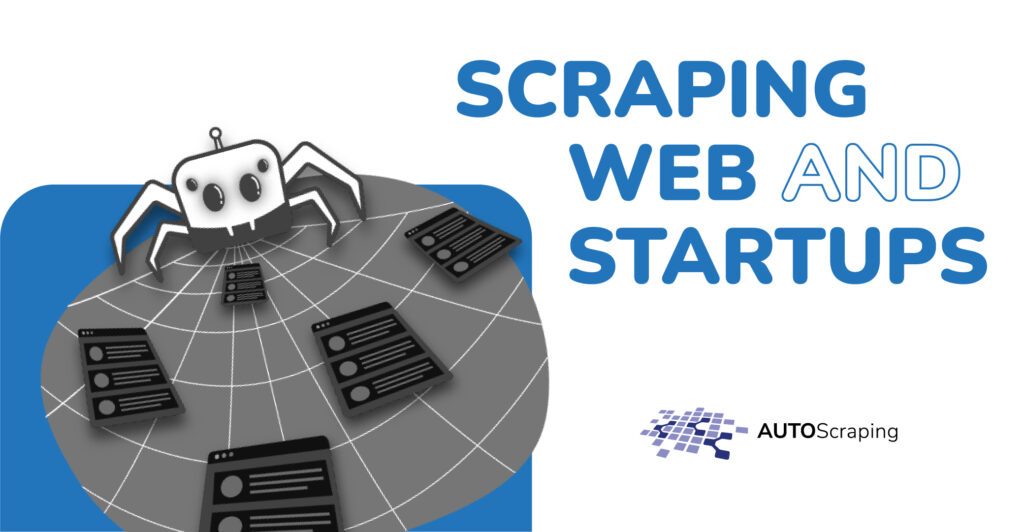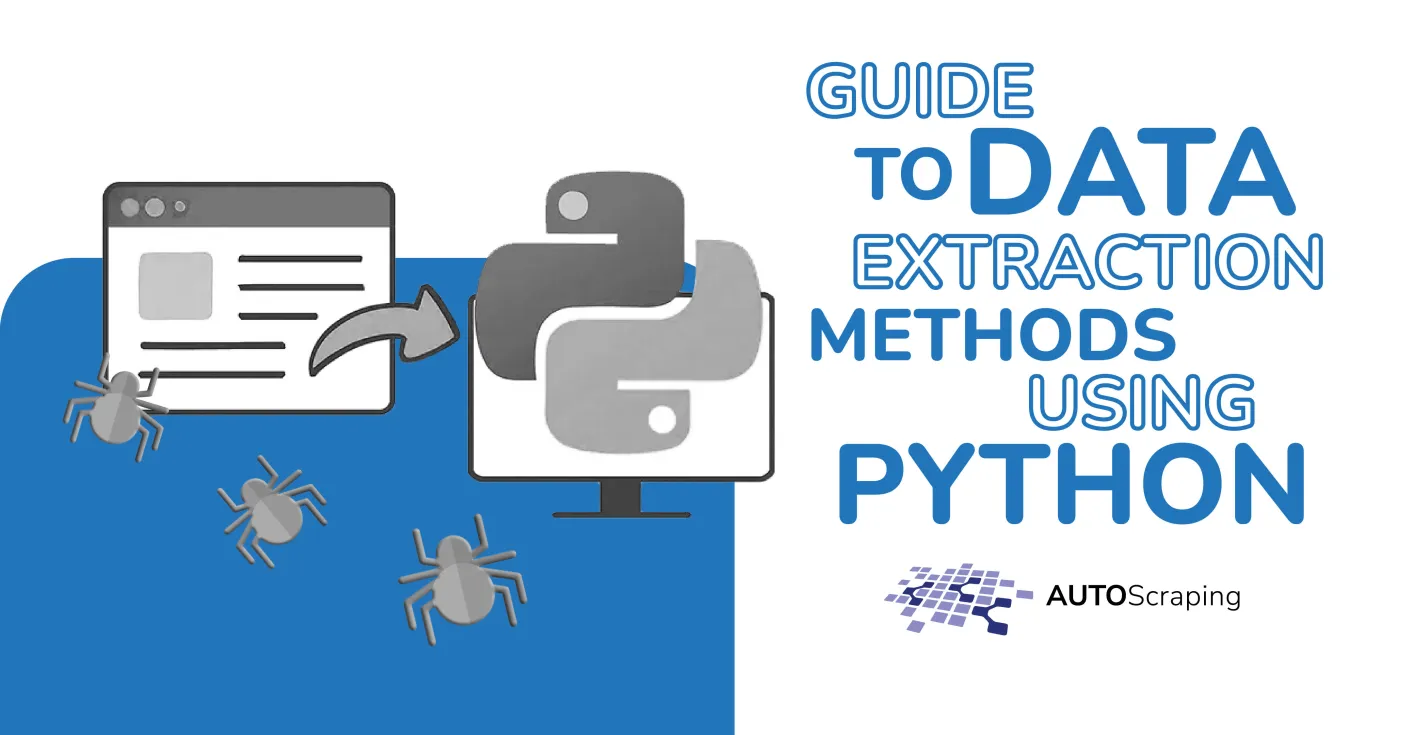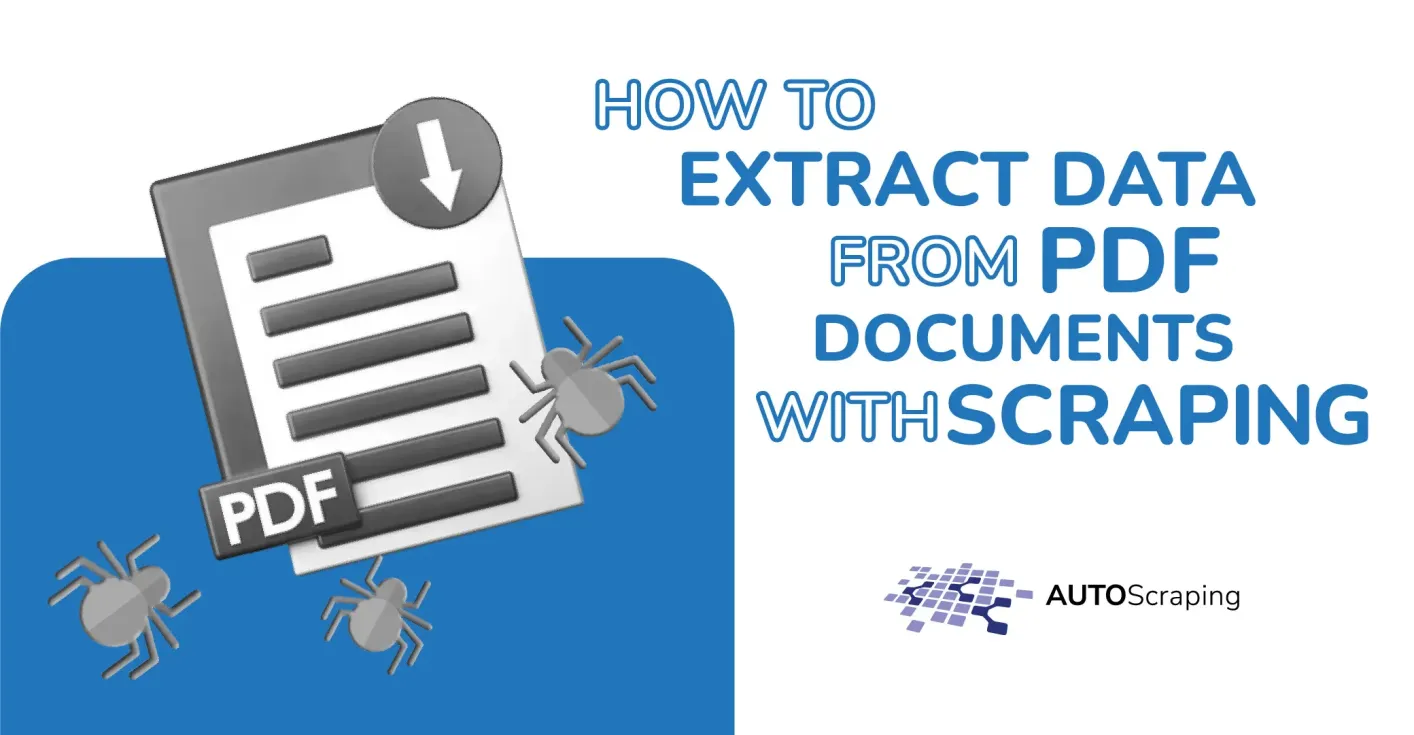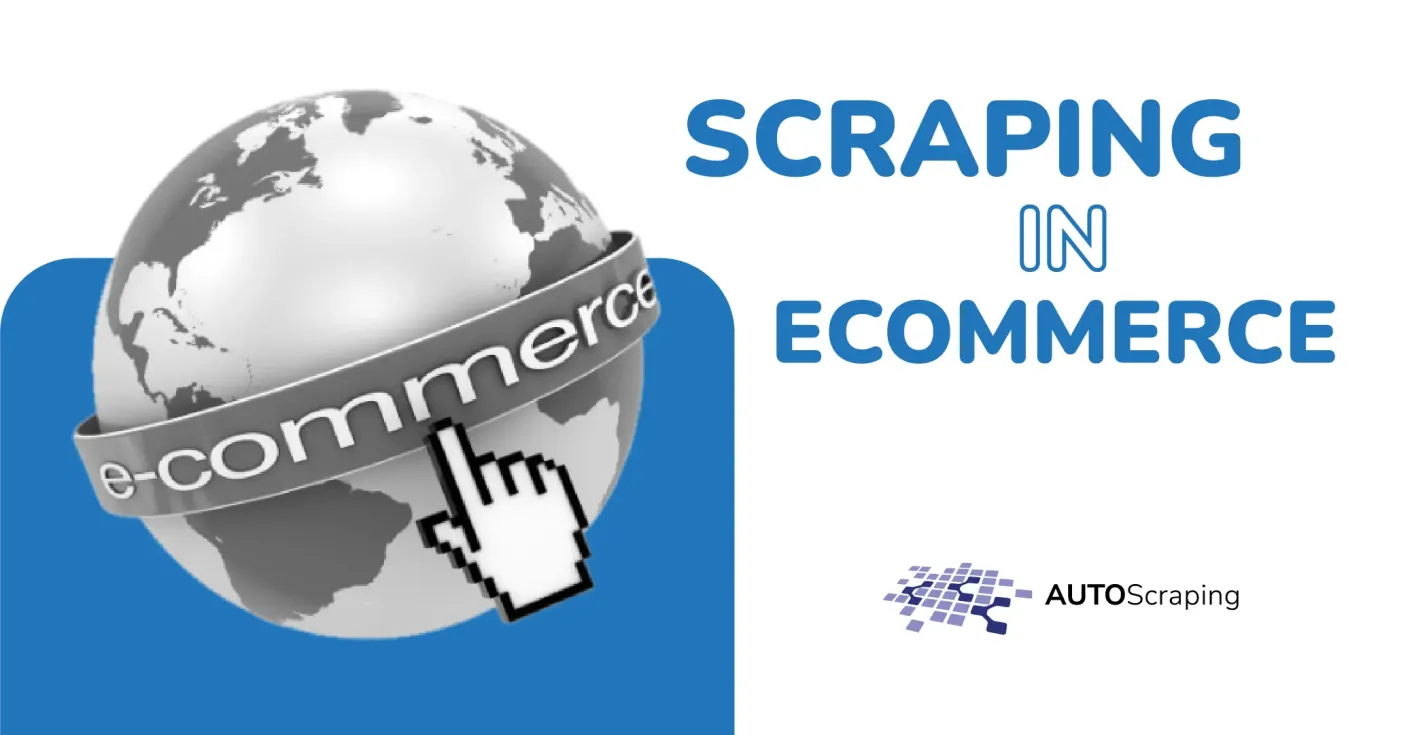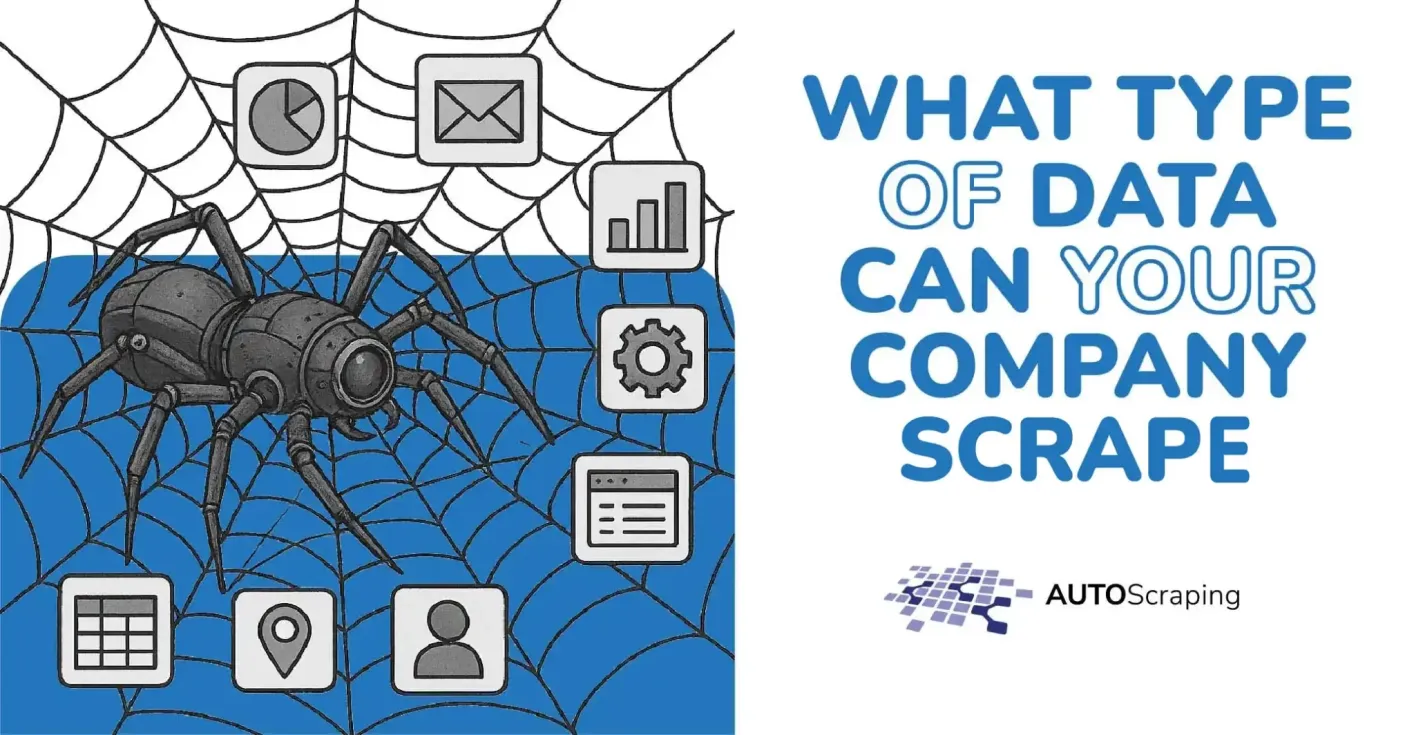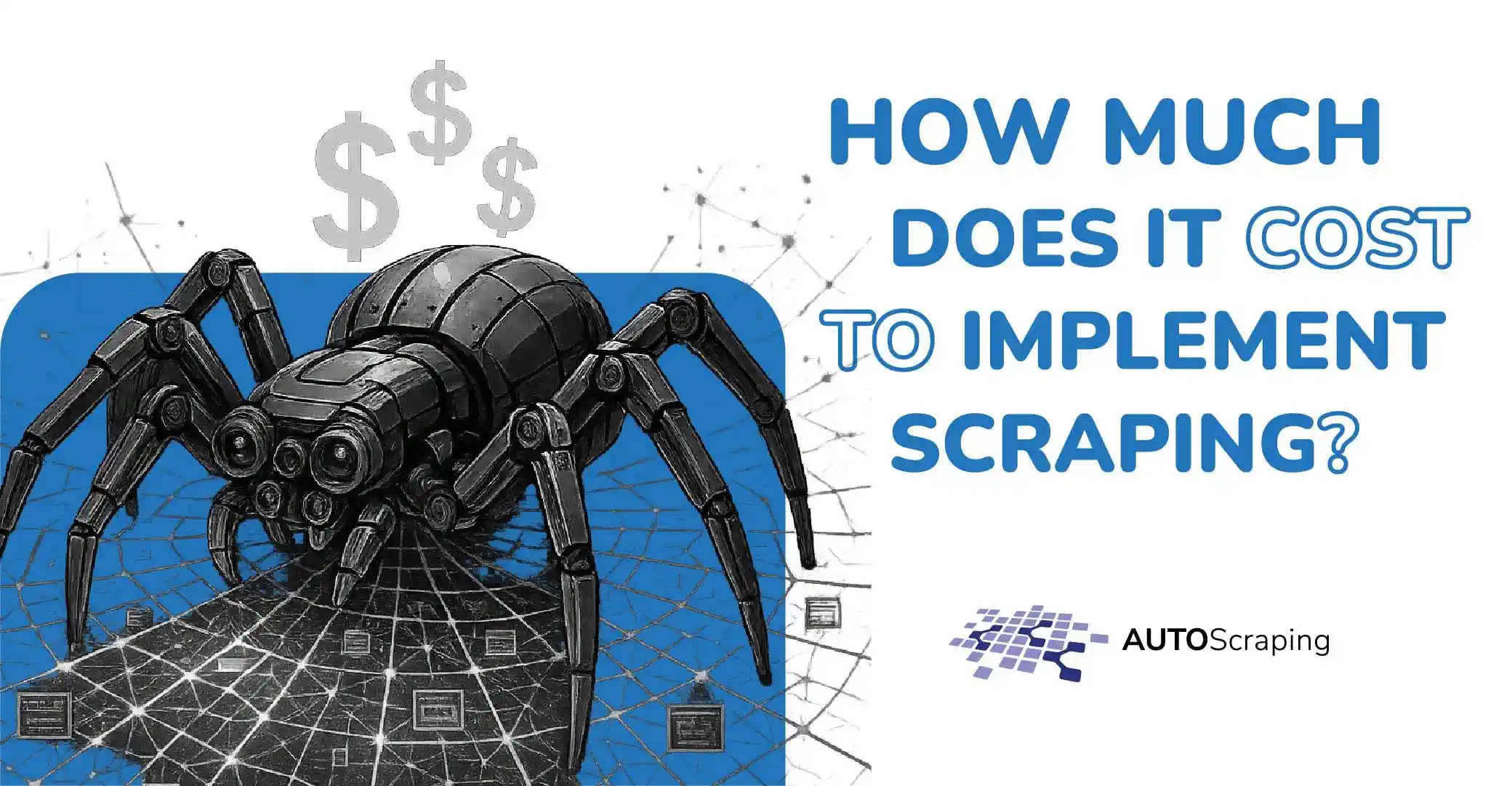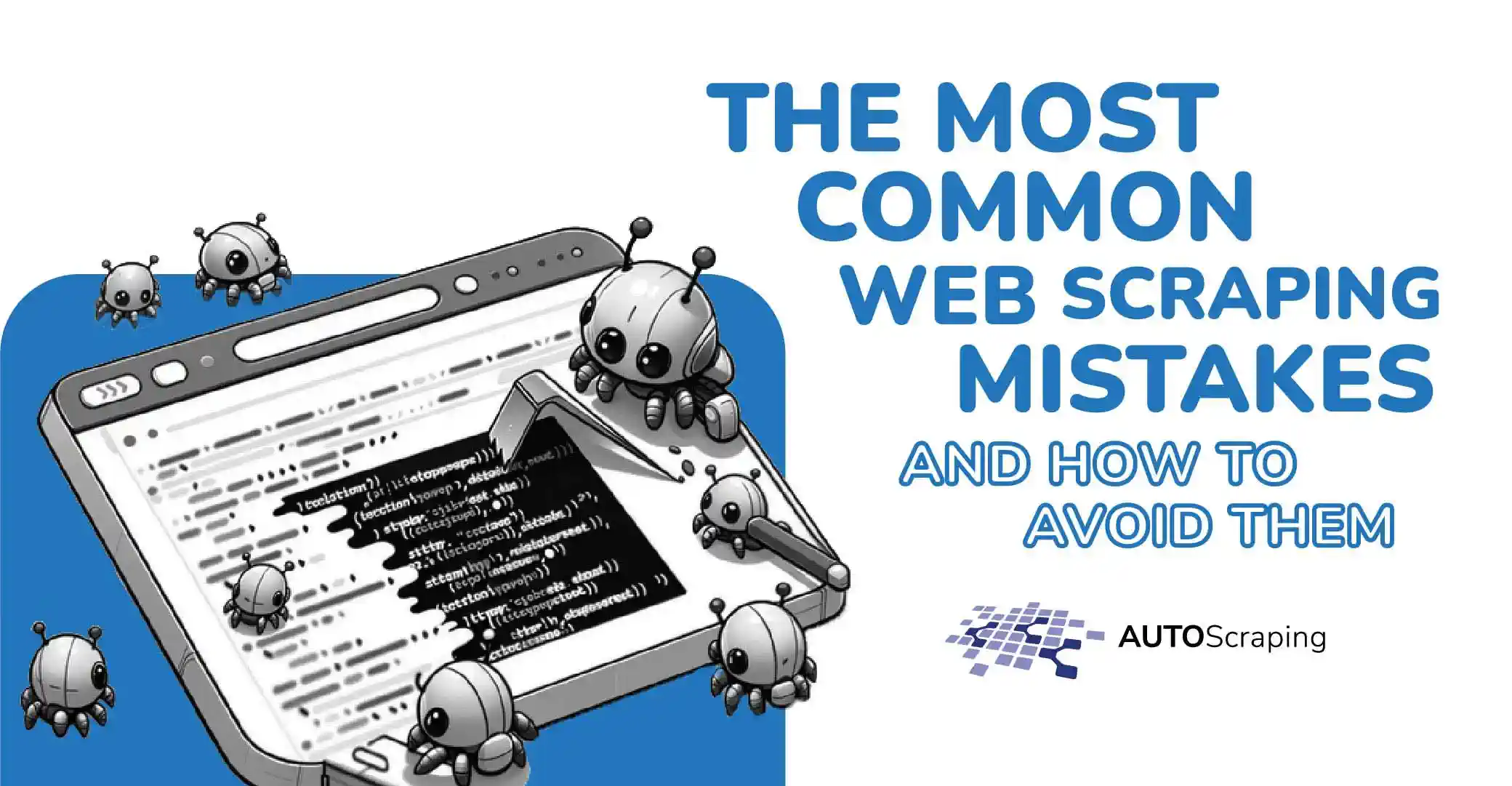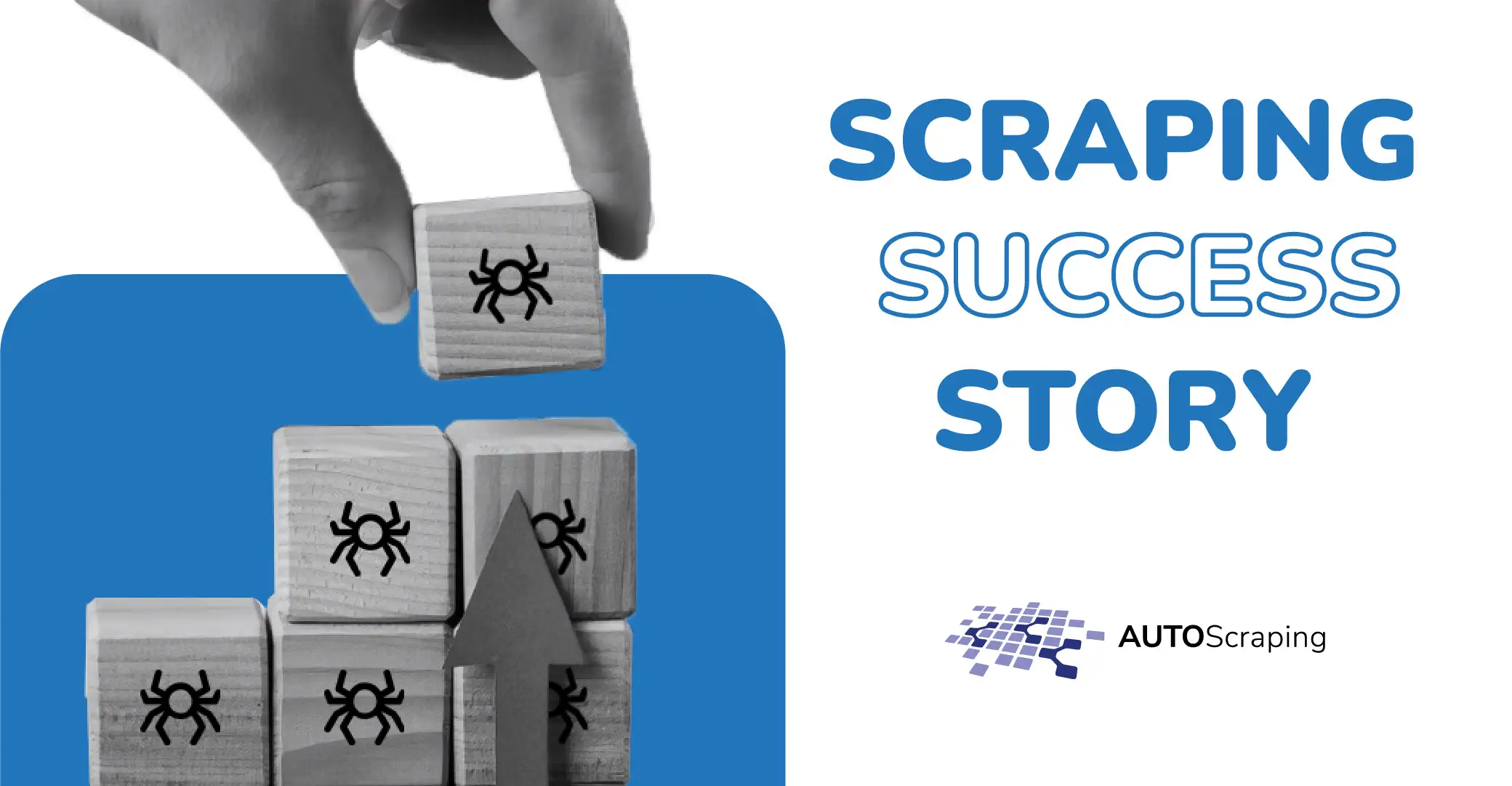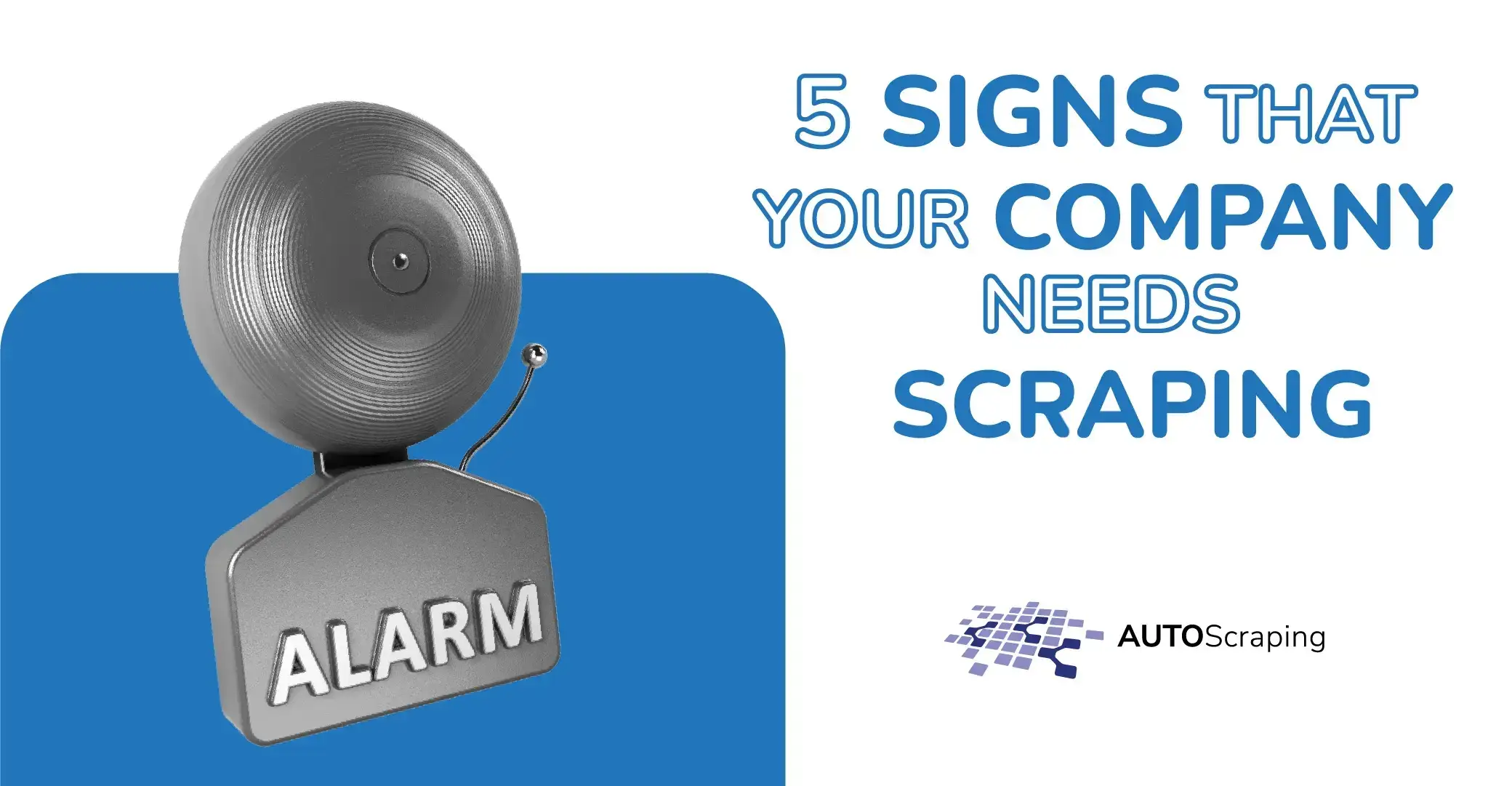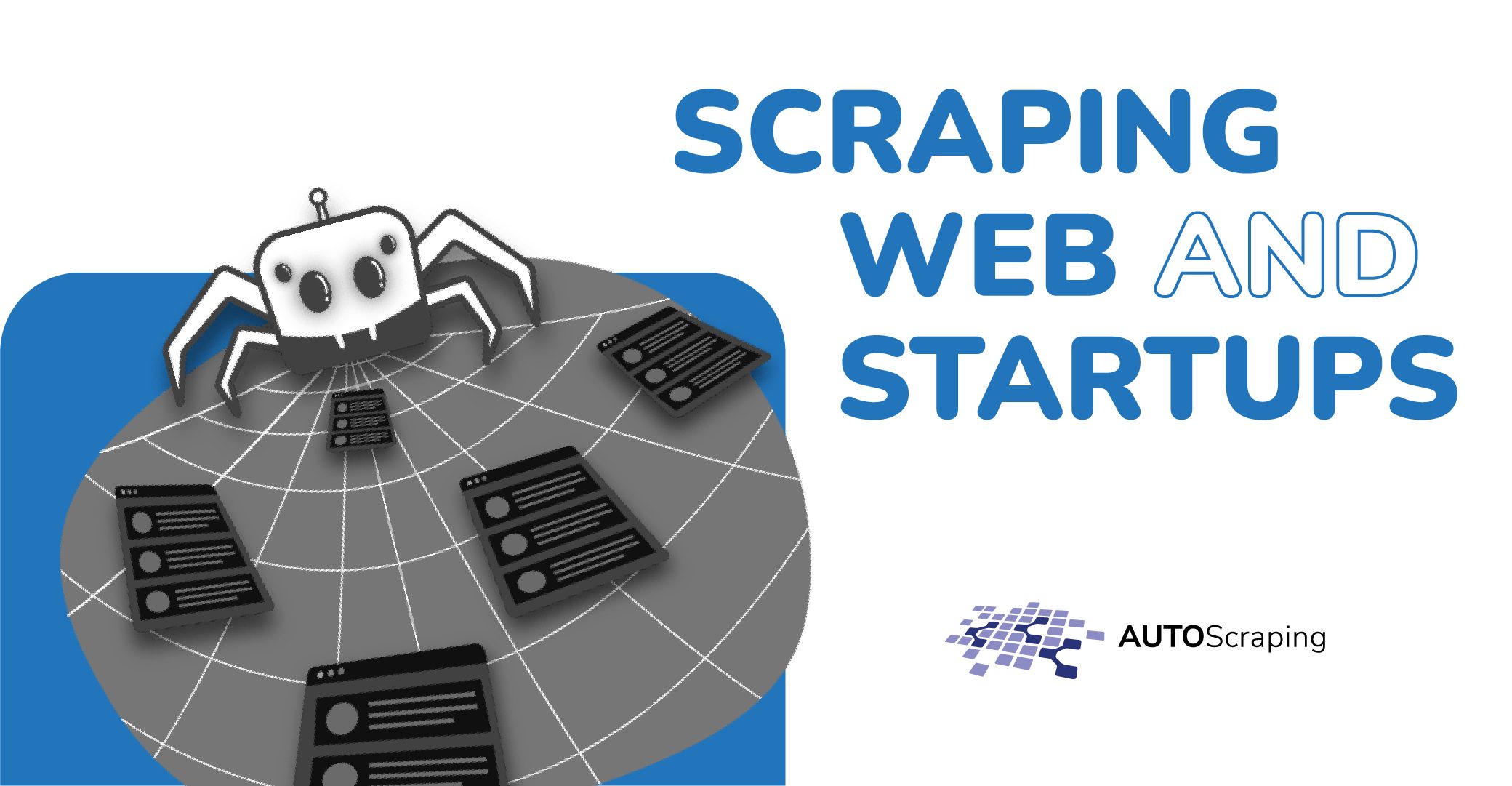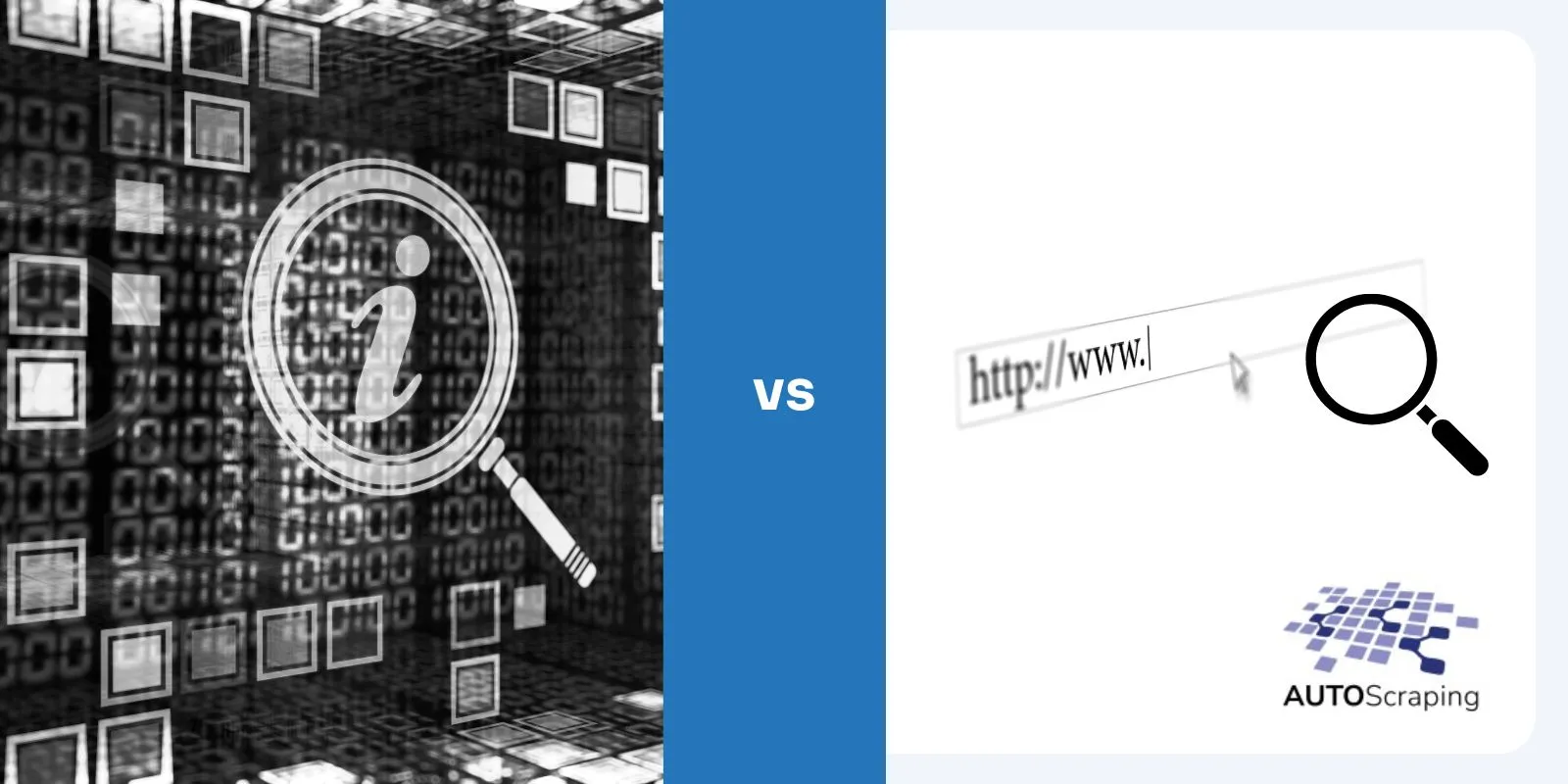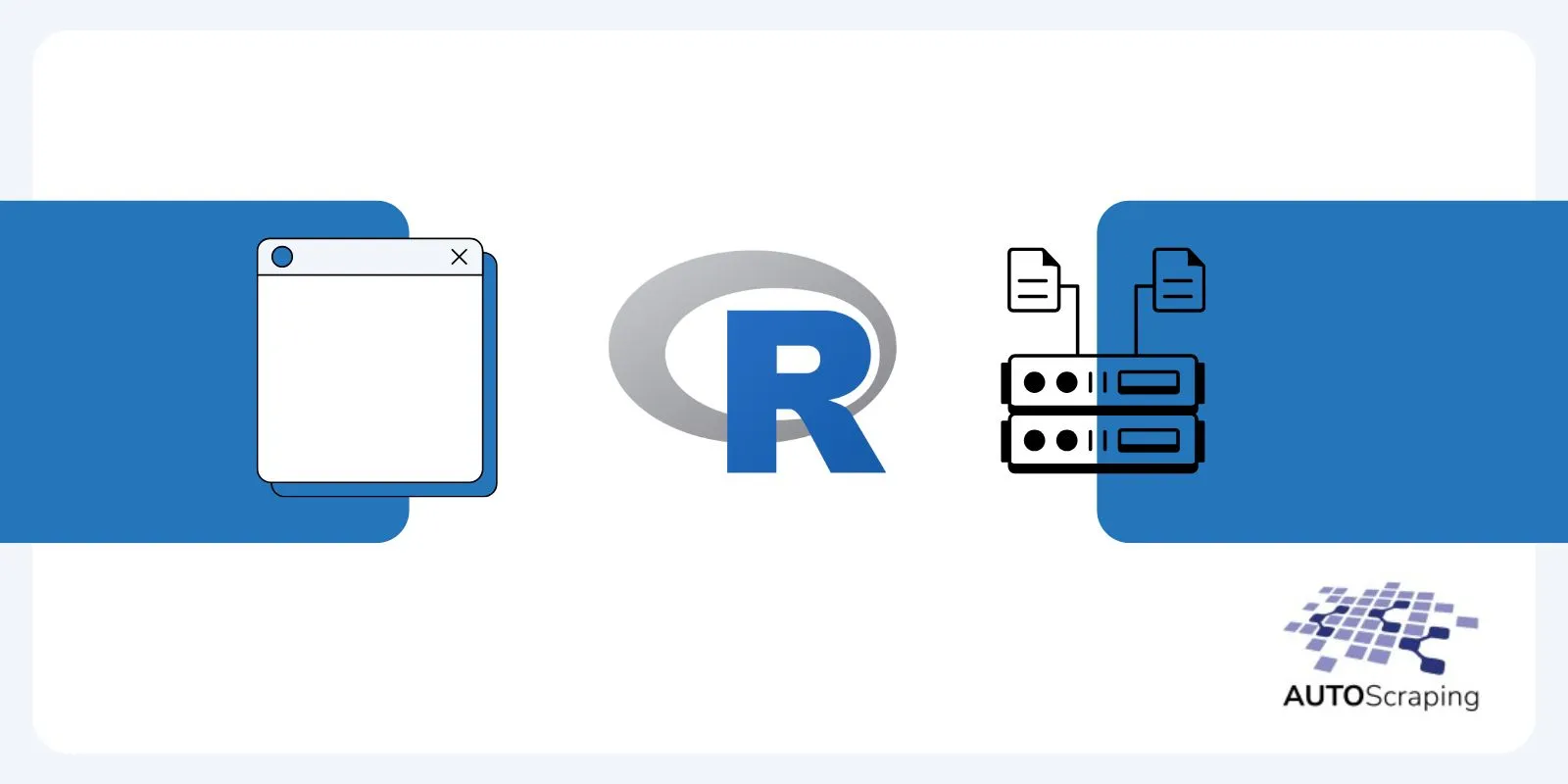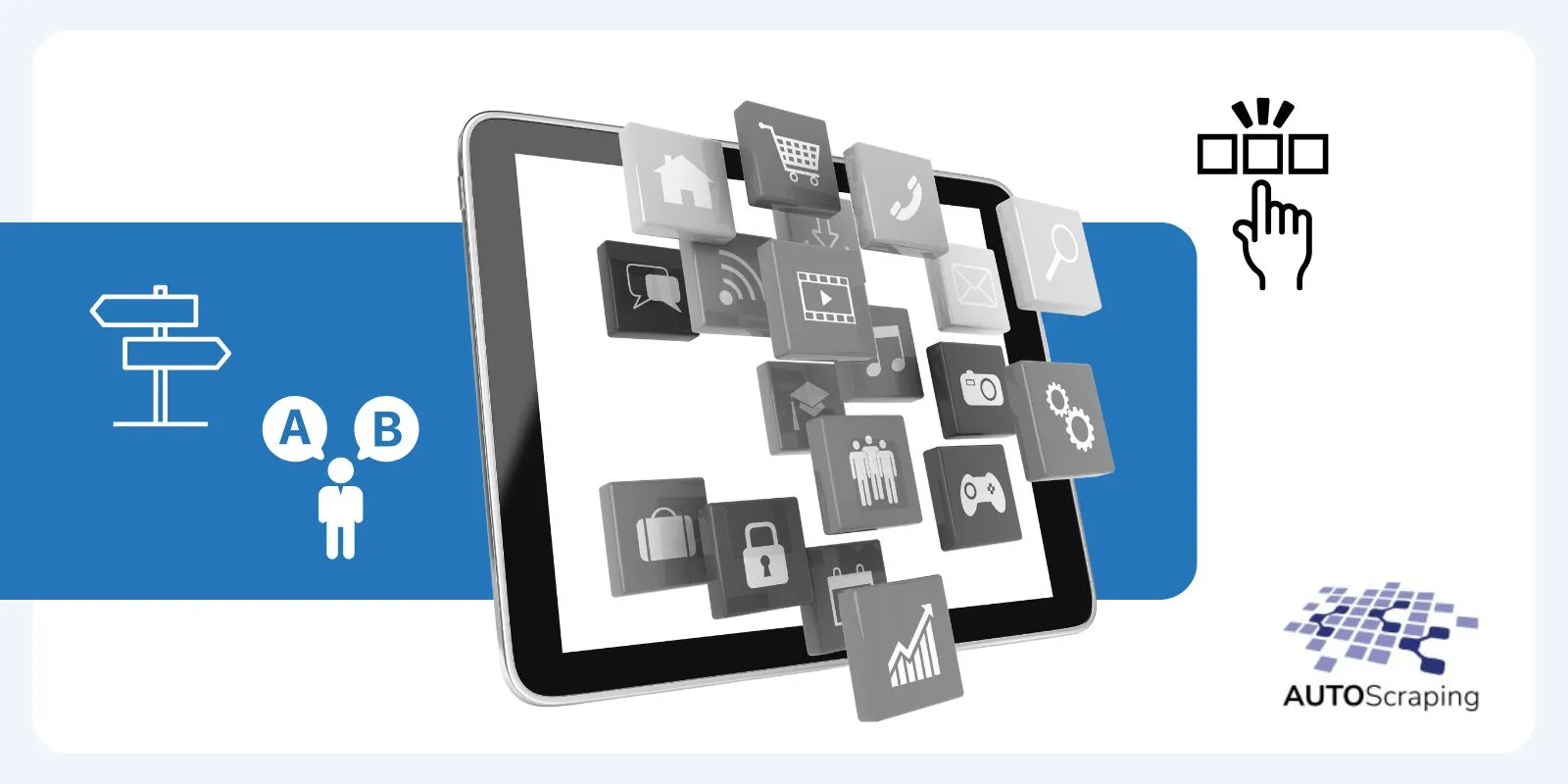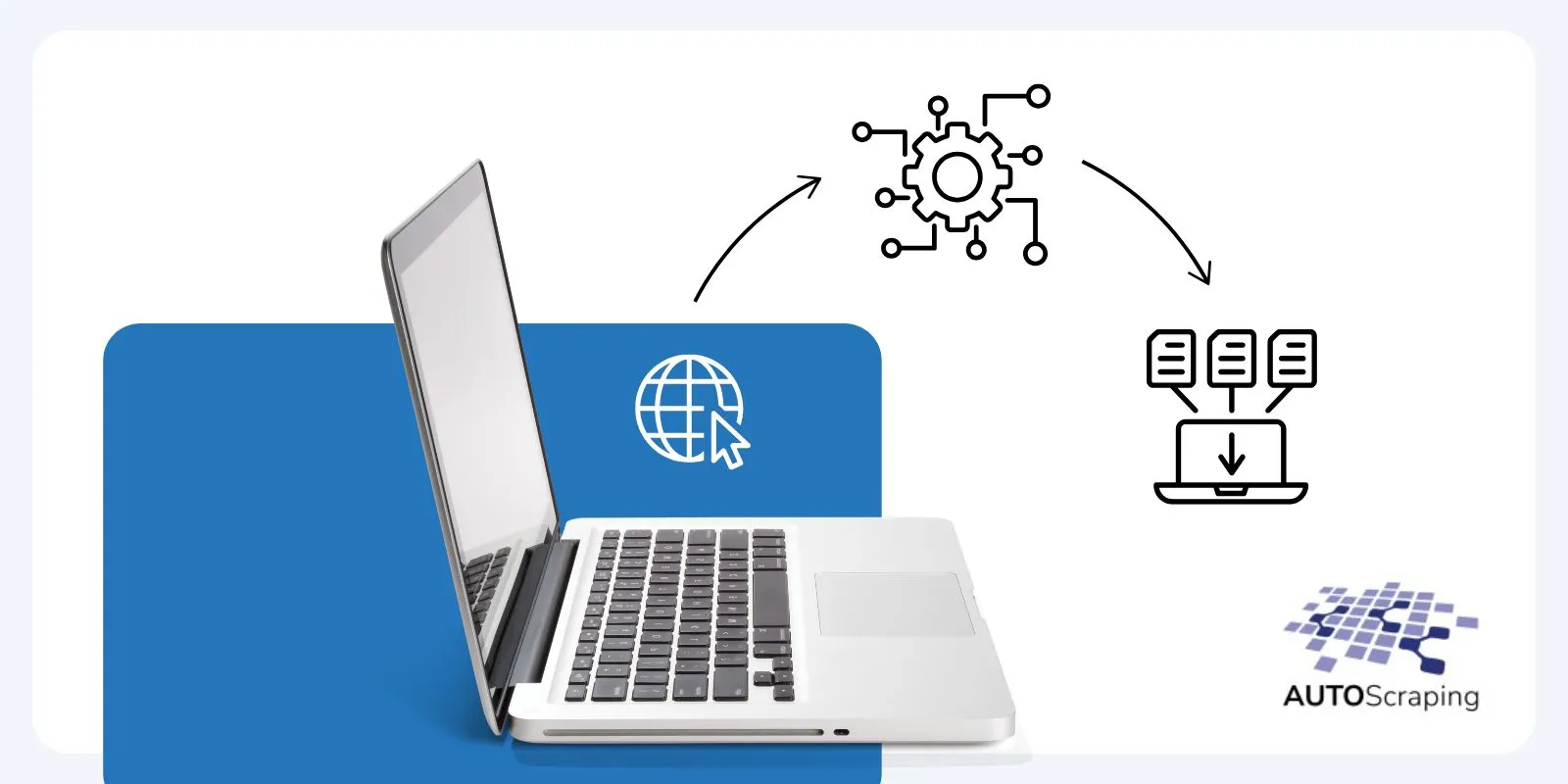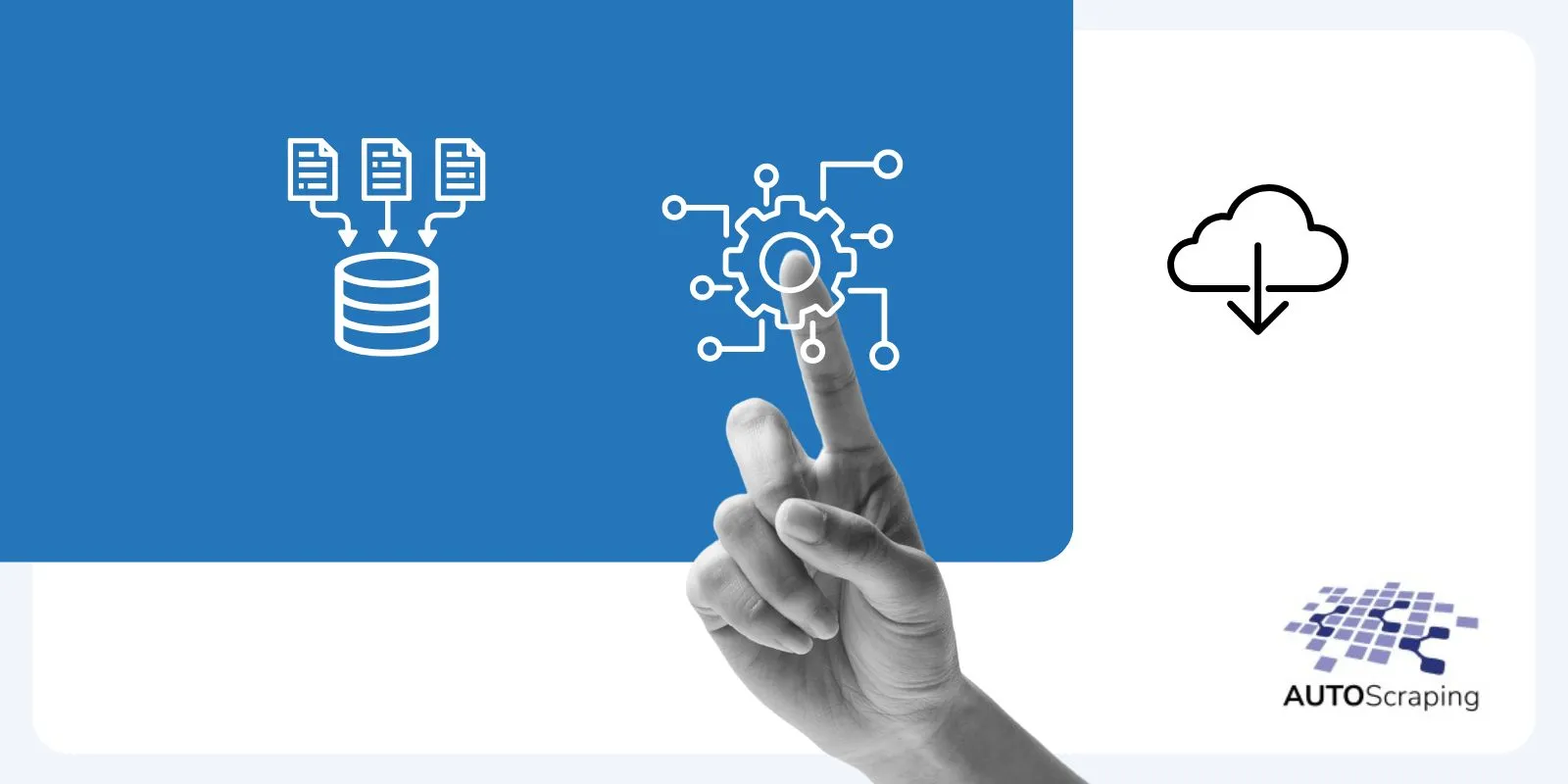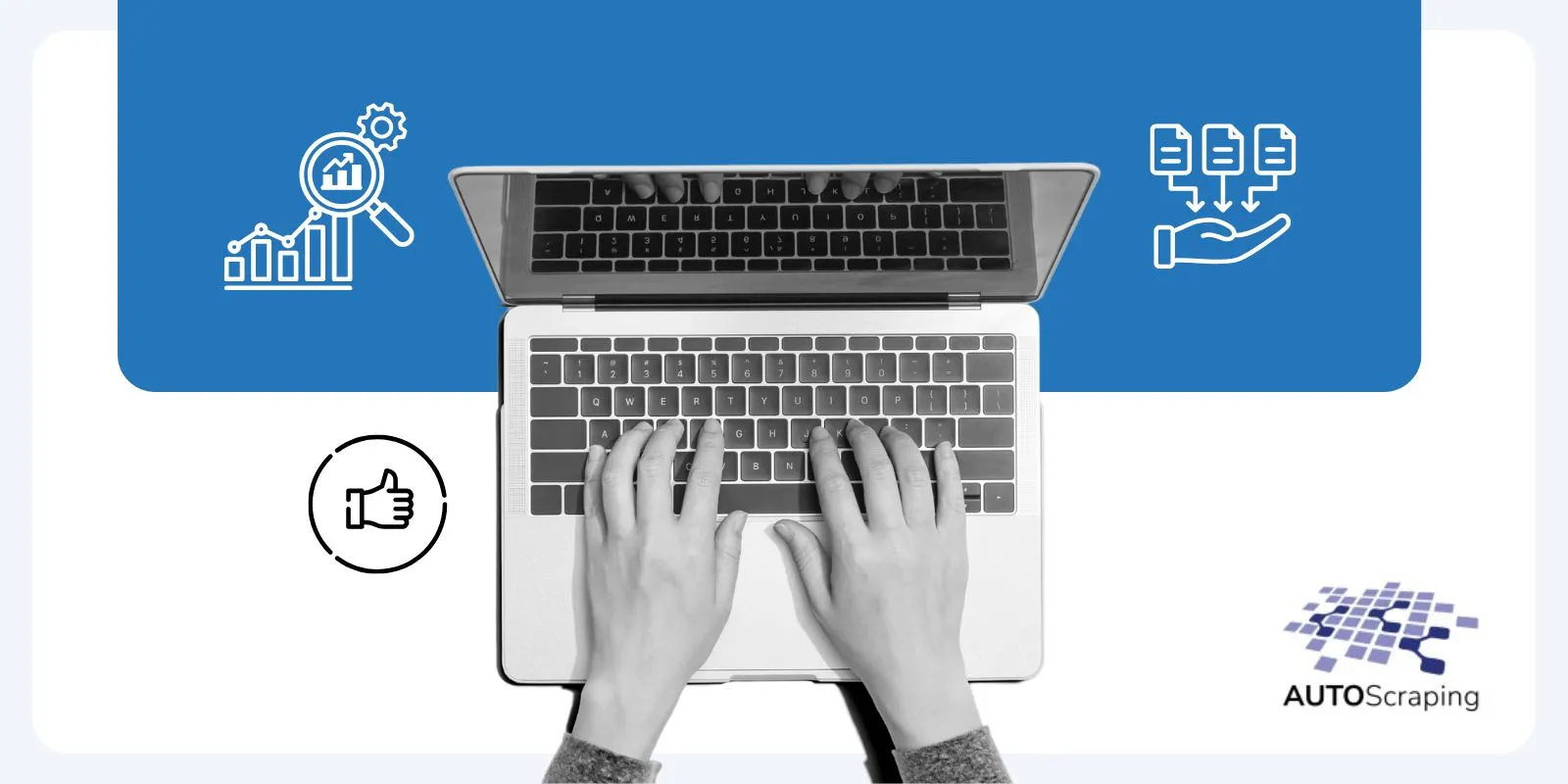In the digital era, data has become the most valuable asset for growing businesses. Startups looking to scale quickly need access to key information about their market, competitors, and potential customers. Web scraping is one of the most effective tools for collecting this data in an automated way. But what exactly is scraping, and how can it benefit a startup? In this article, we will take an in-depth look at this technique, its applications, advantages, and the legal aspects to consider.
What is scraping?
Web scraping is an automated process of extracting data from websites. Using specialized software, companies can collect structured information from various online sources without manually entering data. This process enables businesses to analyze trends, generate leads, monitor prices, and much more.

How does scraping work?
Web scraping is carried out using scripts or specialized tools that navigate web pages and extract relevant information. The general process typically includes the following steps:
- Identifying the target website: Defining the data source.
- Developing the scraper: Programming a bot to extract the desired information.
- Extracting data: The bot collects the data and structures it in a usable format (CSV, JSON, databases, etc.).
- Processing and analysis: The information is organized and analyzed to generate valuable insights.
Why do Growing Startups need scraping?
Startups face the challenge of making quick, data-driven decisions. Scraping becomes a key tool in this process due to its numerous benefits.
1. Lead Generation and Potential Customers
Scraping allows businesses to extract information from directories, social media, and competitor websites to generate customer lists. This is crucial for startups looking to grow their customer base without relying solely on paid advertising.
2. Competitor Analysis
Startups can monitor competitors’ prices, marketing strategies, and offers to adjust their value proposition based on market trends.
3. Business Idea Validation
Before launching a product, it’s essential to evaluate demand. Scraping helps analyze customer reviews, opinions, and consumption trends.
4. Market Research Automation
Scraping enables businesses to collect large volumes of data quickly, reducing manual effort in market research and speeding up decision-making.
Legal and Ethical Aspects of Scraping
While scraping is a powerful technique, improper use can lead to legal issues. Key points to consider include:
- Terms of service: Many websites prohibit scraping in their terms and conditions.
- Data protection: It is essential to comply with regulations such as the GDPR in Europe or the CCPA in California.
- Server load: Poorly implemented scraping can affect the performance of target websites.
Best Practices to Avoid Legal Issues
- Request permission before conducting large-scale scraping.
- Avoid extracting personal data without consent.
- Use official APIs when available.

Web scraping has become an essential tool for growing startups. Its ability to automate data collection enables companies to gather key insights on customers, competitors, and market trends. However, its implementation must be handled responsibly, considering legal and ethical aspects.
Startups that master scraping can make more informed strategic decisions and accelerate their growth efficiently. If your startup is not yet leveraging scraping, now is the time to consider this strategy to gain a competitive advantage.

